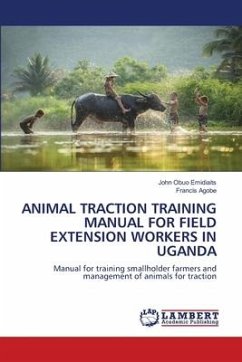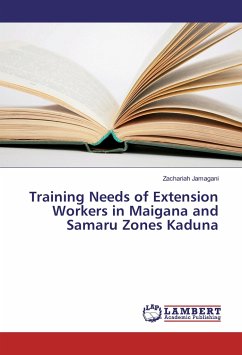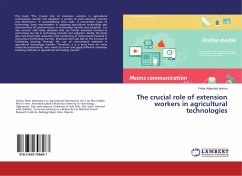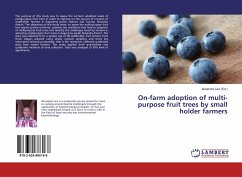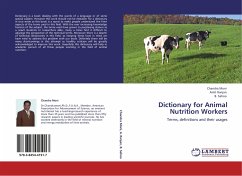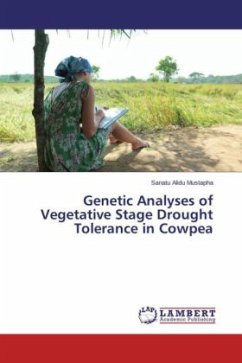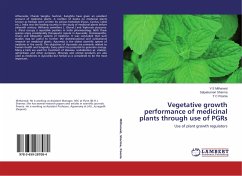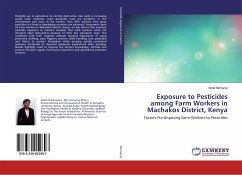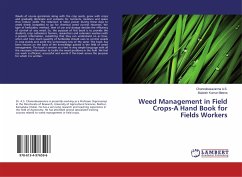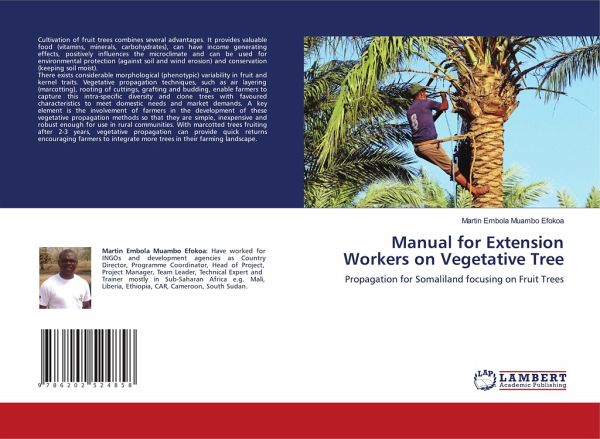
Manual for Extension Workers on Vegetative Tree
Propagation for Somaliland focusing on Fruit Trees
Versandkostenfrei!
Versandfertig in 6-10 Tagen
27,99 €
inkl. MwSt.

PAYBACK Punkte
14 °P sammeln!
Cultivation of fruit trees combines several advantages. It provides valuable food (vitamins, minerals, carbohydrates), can have income generating effects, positively influences the microclimate and can be used for environmental protection (against soil and wind erosion) and conservation (keeping soil moist).There exists considerable morphological (phenotypic) variability in fruit and kernel traits. Vegetative propagation techniques, such as air layering (marcotting), rooting of cuttings, grafting and budding, enable farmers to capture this intra-specific diversity and clone trees with favoured...
Cultivation of fruit trees combines several advantages. It provides valuable food (vitamins, minerals, carbohydrates), can have income generating effects, positively influences the microclimate and can be used for environmental protection (against soil and wind erosion) and conservation (keeping soil moist).There exists considerable morphological (phenotypic) variability in fruit and kernel traits. Vegetative propagation techniques, such as air layering (marcotting), rooting of cuttings, grafting and budding, enable farmers to capture this intra-specific diversity and clone trees with favoured characteristics to meet domestic needs and market demands. A key element is the involvement of farmers in the development of these vegetative propagation methods so that they are simple, inexpensive and robust enough for use in rural communities. With marcotted trees fruiting after 2-3 years, vegetative propagation can provide quick returns encouraging farmers to integrate more trees in their farming landscape.



